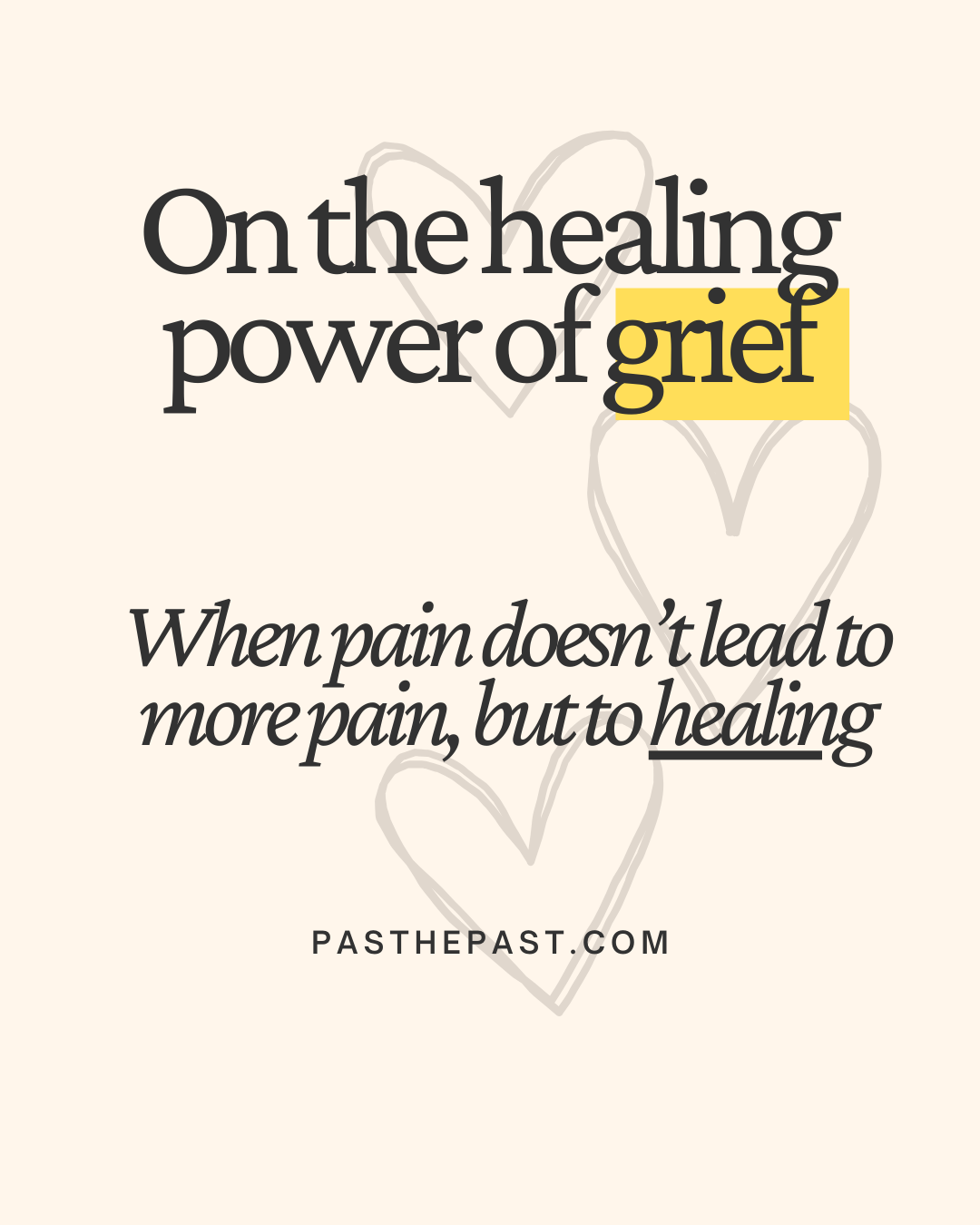I don’t know if it’s just me, but one of the phases I went through in my “healing”—God, I hate this word—journey, was acting tough. But not merely acting tough. Finding that it’s useful to have this sort of “don’t fuck with me” demeanour, and in a twisted way, it works. People respect you—worse, they follow you, take your advice to heart, and put you on a pedestal.
I’ve learned on my own that I could harden my heart with a silent, deep stream of anger, and that would make the pain go away—worse, command respect. But all medications come with side effects, and this didn’t fail the prediction—my ability to connect with others was impaired. My ability to feel vulnerable, safe around others, disappeared as well. I had effectively used my anger to shield myself from further hurt and used it so well, now nobody could hurt me anymore because nobody would ever get that close. And if they got that close, what difference would it make?
I couldn’t feel anything anyway. I was strong in a way I don’t want anyone to mistake strength for.
I was stuck in some sort of silent fight response.
Then, one day, I had an idea. I knew some things I can’t bear to think of. I write a lot in my diary. I have a pile of them. And one day, I went back to the painful memory, with my words on the page, and suddenly I could feel the heart in my chest. Reminding myself of what happened and allowing myself to cry, to talk it out, to write it out, made me feel weaker, indeed, but it also made me feel. The hardness I felt even in my body was slowly dissipating.
And it wasn’t one hard grieving session. My body, by now, had been accustomed to winning, to the feel-good cover-up for pain that being numb and half-angry was giving me. There were several times I’ve grieved and realized healing is not about crying less, or not crying at all. Perhaps it’s grief with compassion—for all that was lost, for what has been done, for the wounds that stay. Grief that hugs the heart instead of sending it into despair.
